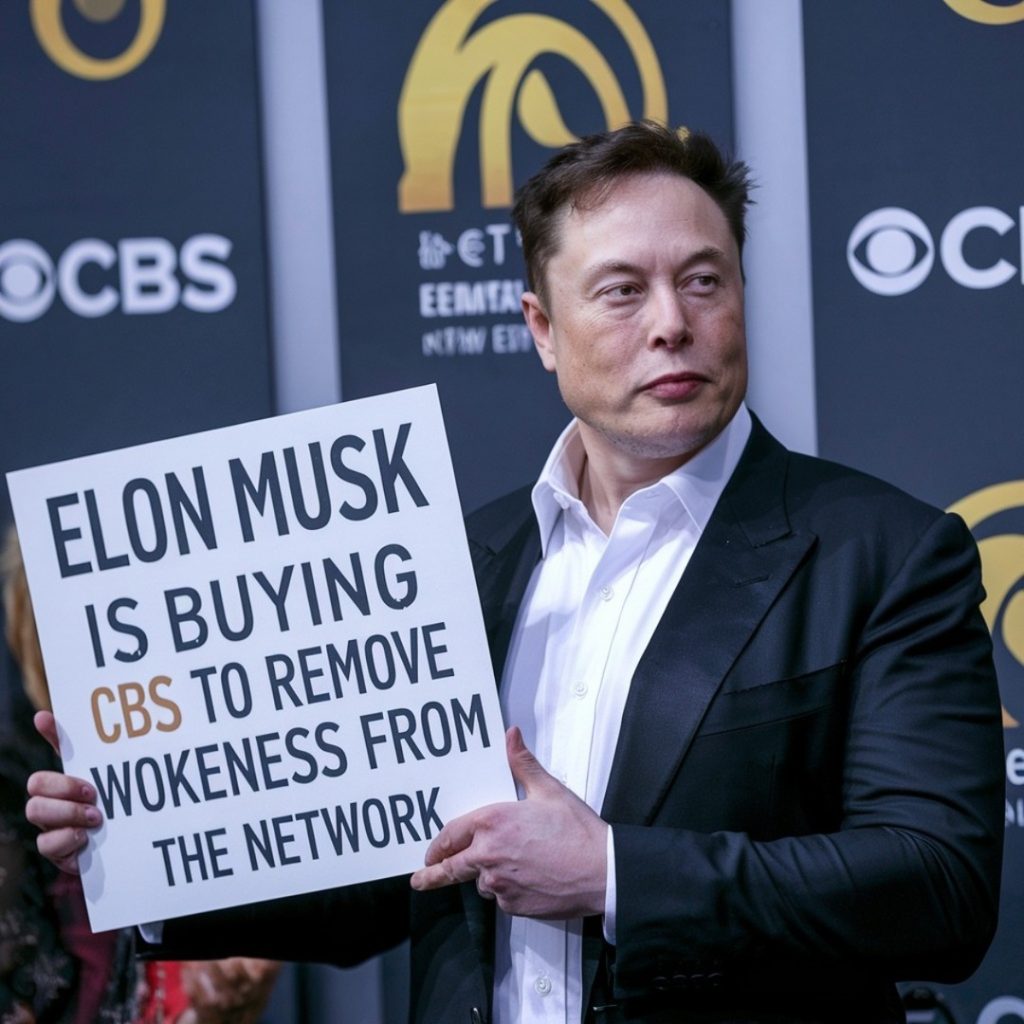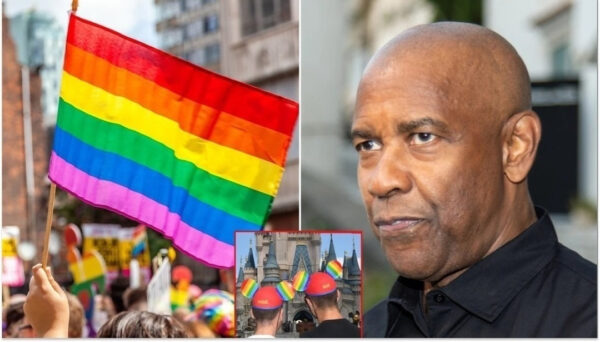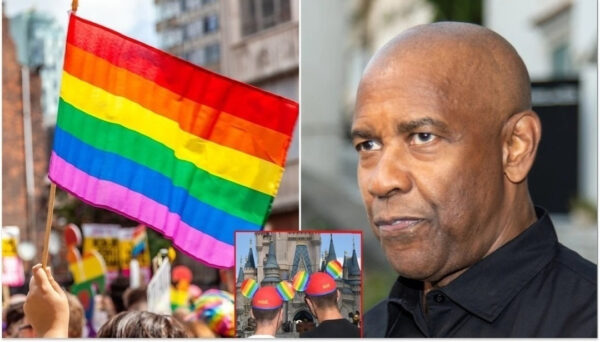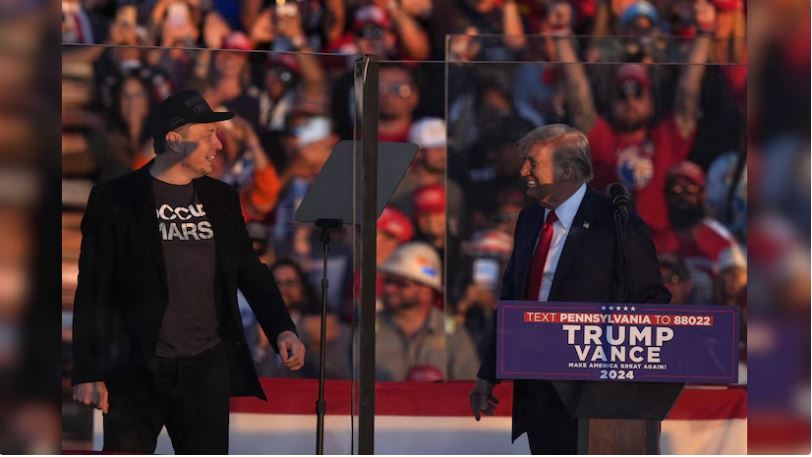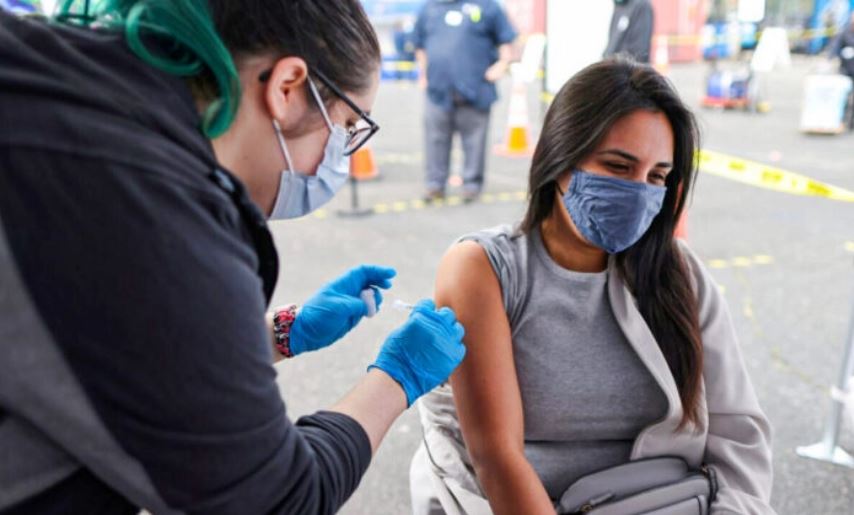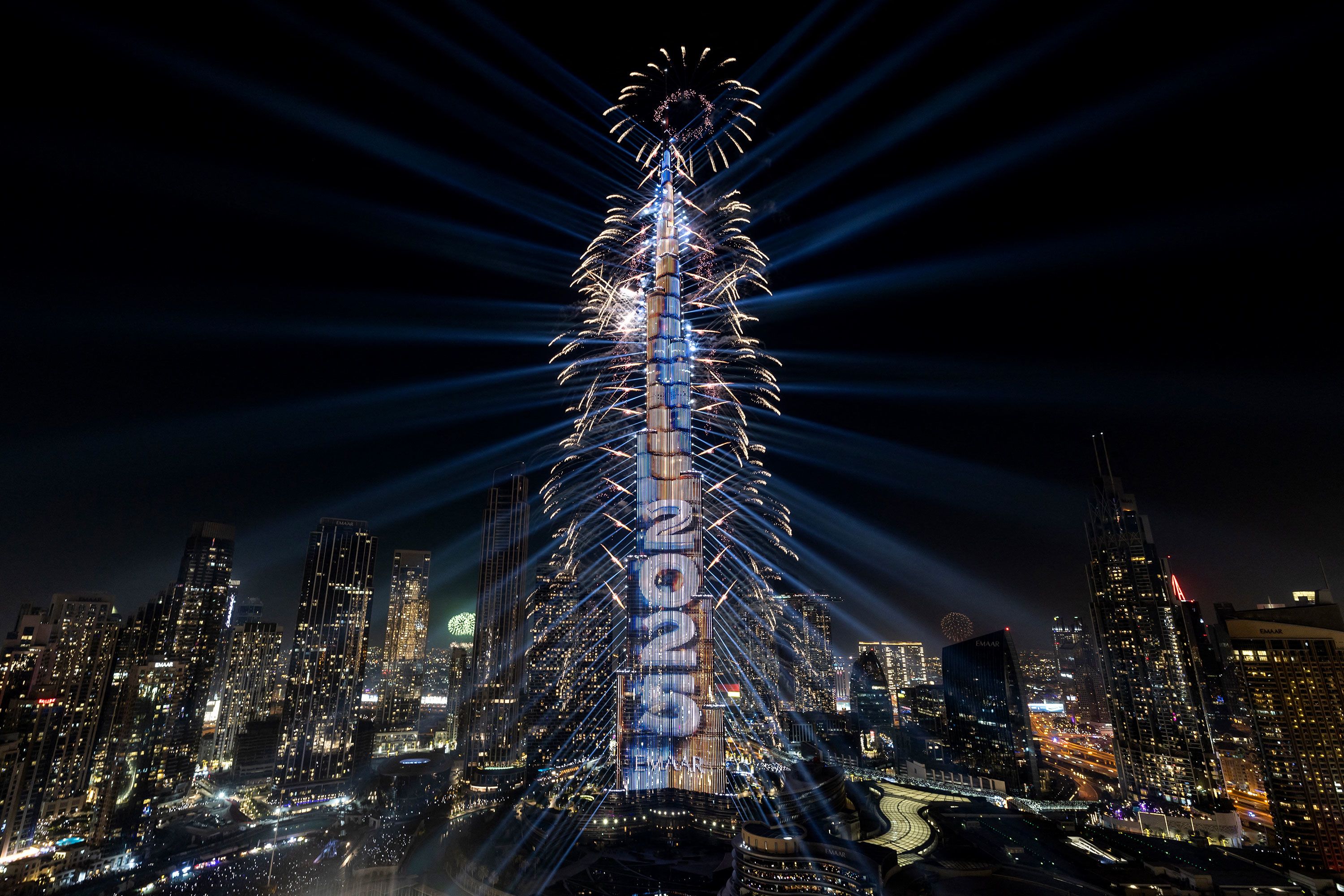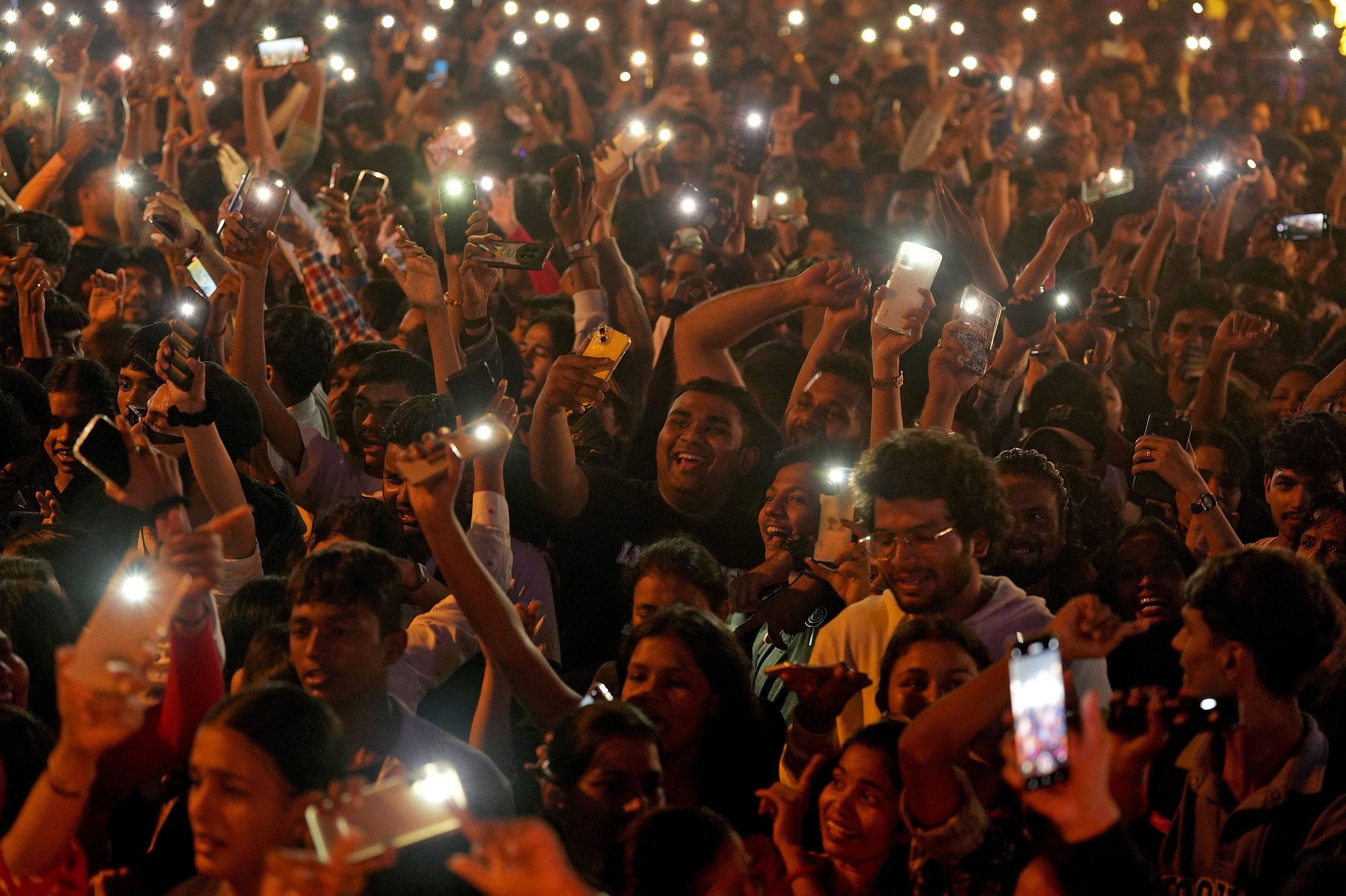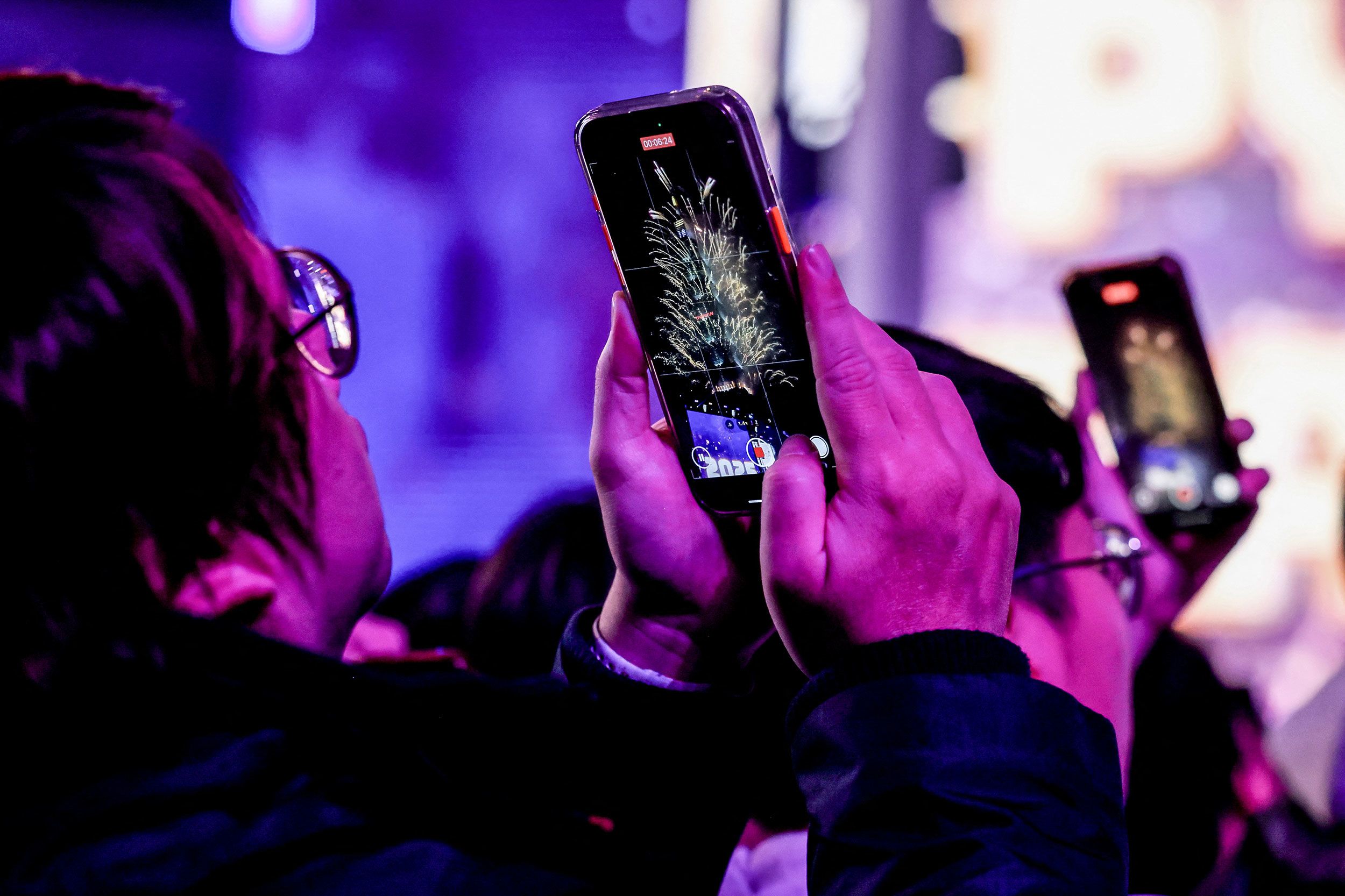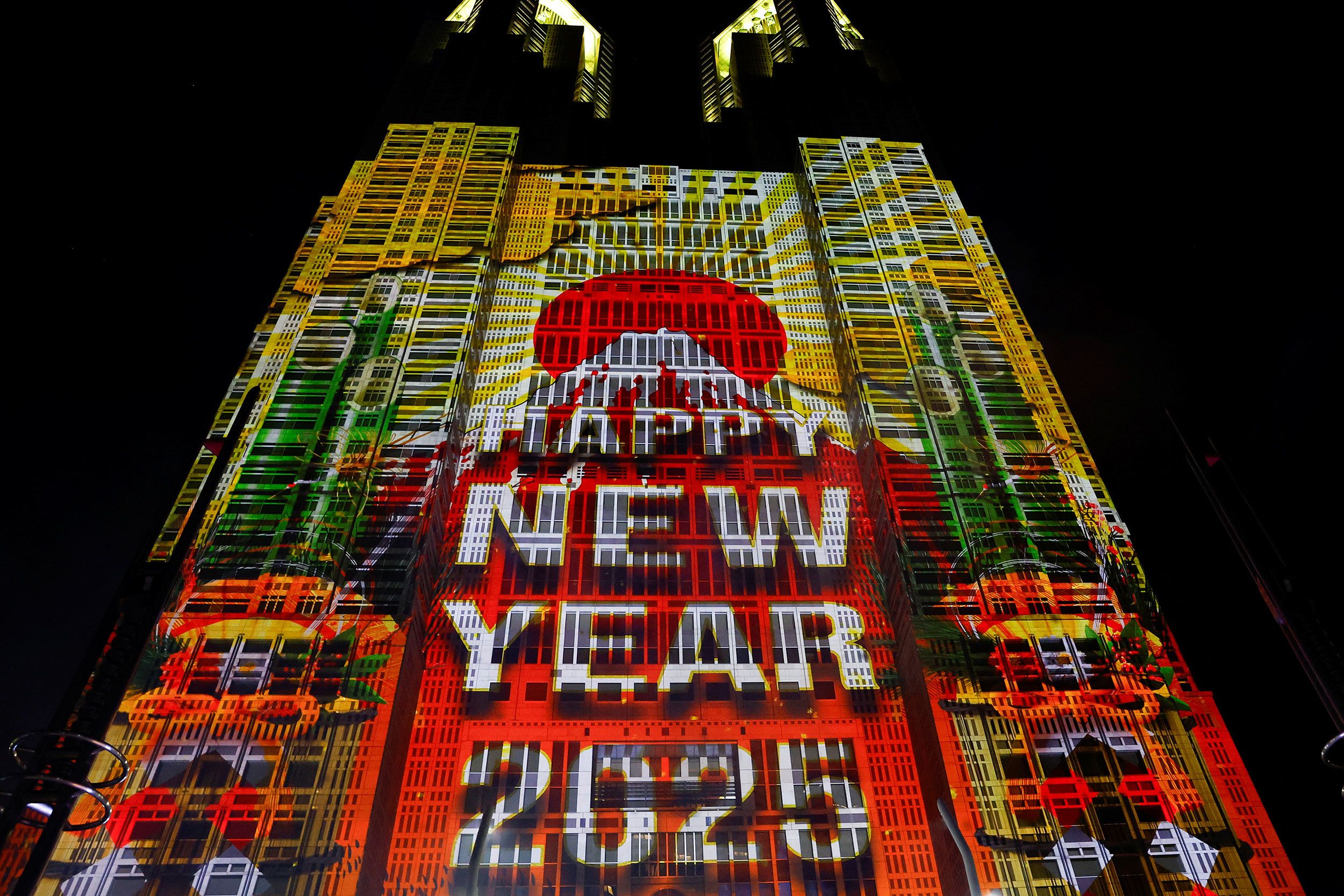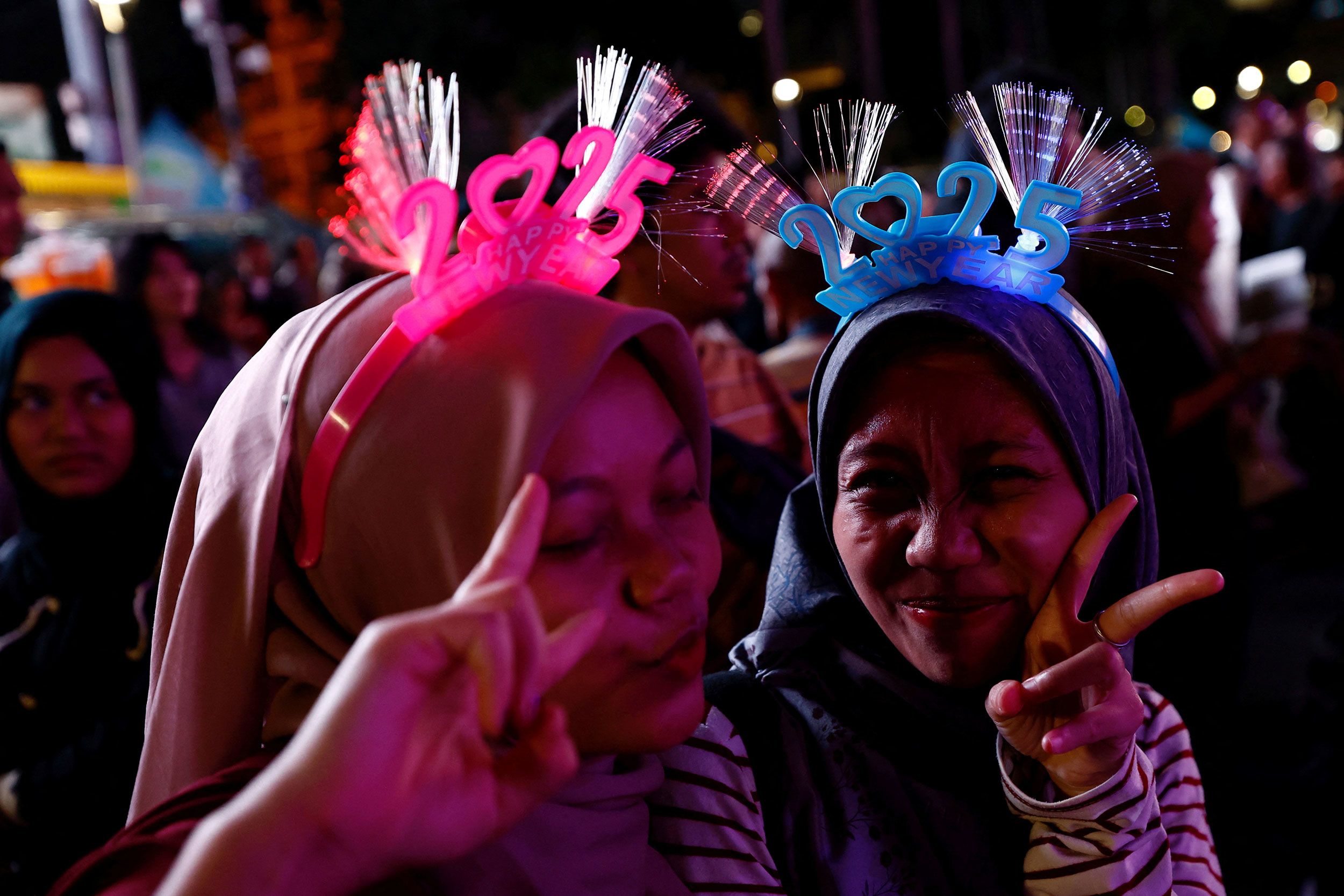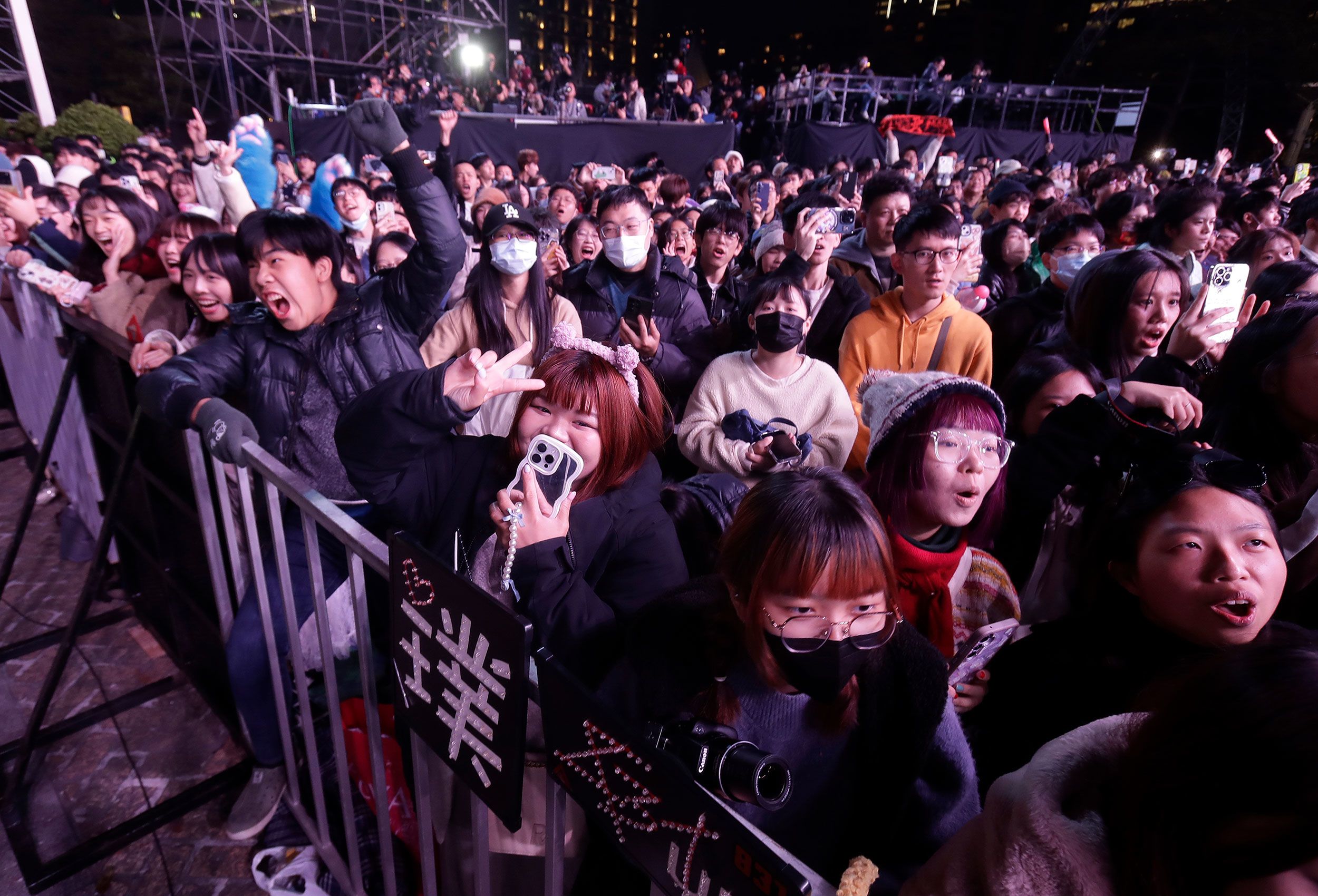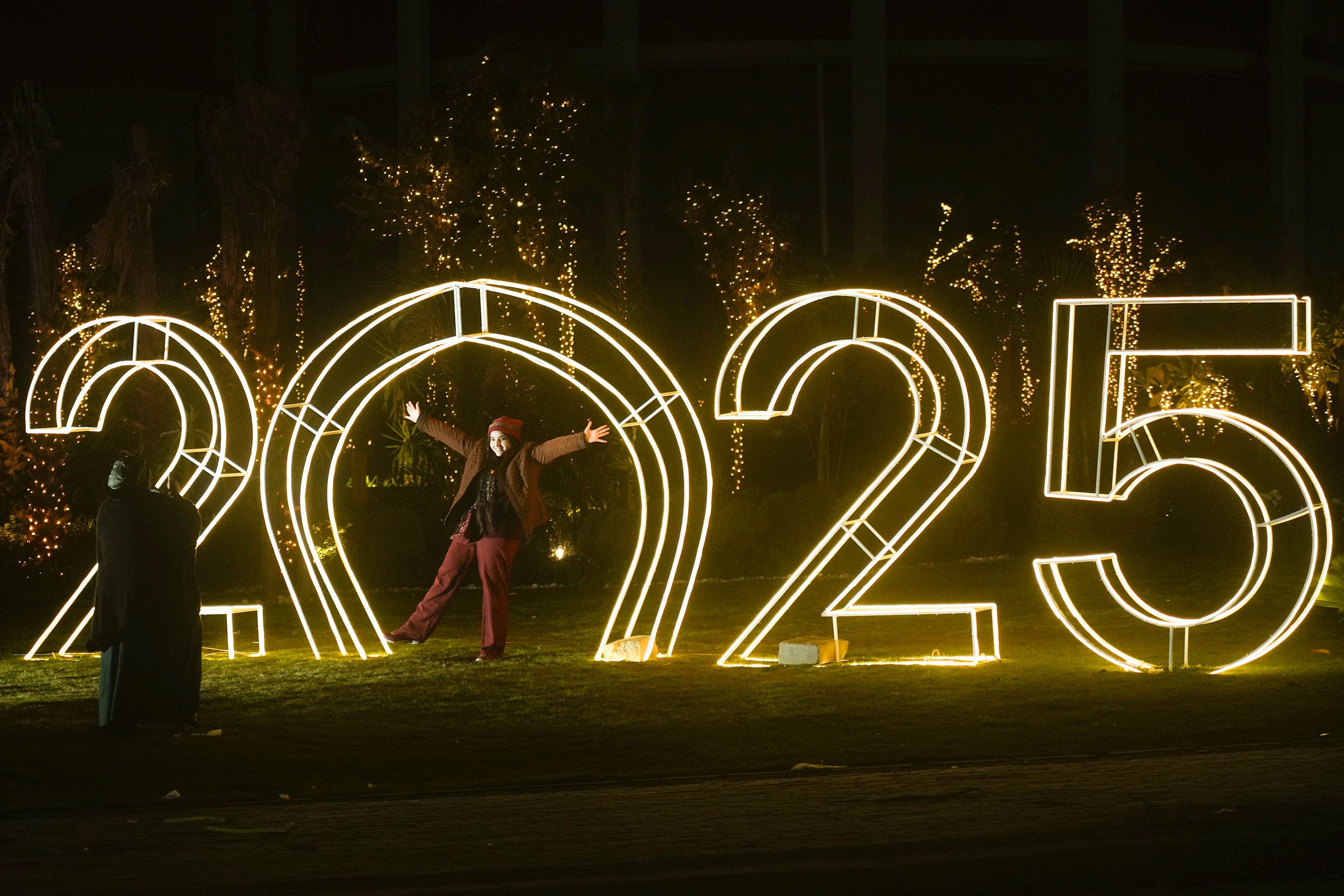In a dramatic turn of events, CBS has faced a significant financial setback after six major advertisers pulled their support in response to a boycott call made by Republican Senator J.D. Vance. The senator’s public demand for a boycott has sent shockwaves through the advertising world, leaving the media giant reeling from the lost revenue and growing public pressure.
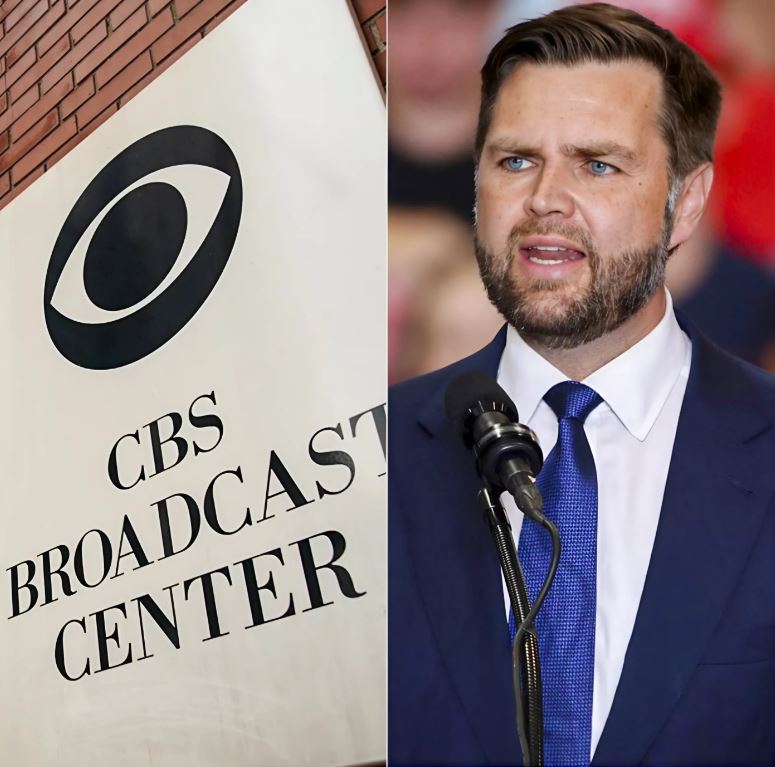
The controversy began when CBS aired a segment that drew the ire of Vance, a vocal critic of what he describes as corporate media’s left-wing bias. In a fiery statement on social media, Vance urged his followers to stop supporting CBS and its advertisers, accusing the network of promoting content that he deemed harmful to American values. Vance’s call to action quickly gained traction, especially among conservative circles, and led to a coordinated effort to target CBS’s advertising partners.
In response to the boycott call, six prominent brands—spanning industries from tech to consumer goods—announced they were halting their ad placements on CBS. These companies, which have long been major sponsors of the network’s prime-time slots, cited concerns over the negative publicity and the potential fallout from the backlash surrounding the broadcast. One source close to the matter commented, “They’re toast. Losing these big advertisers is a huge blow to CBS, both financially and reputationally.”
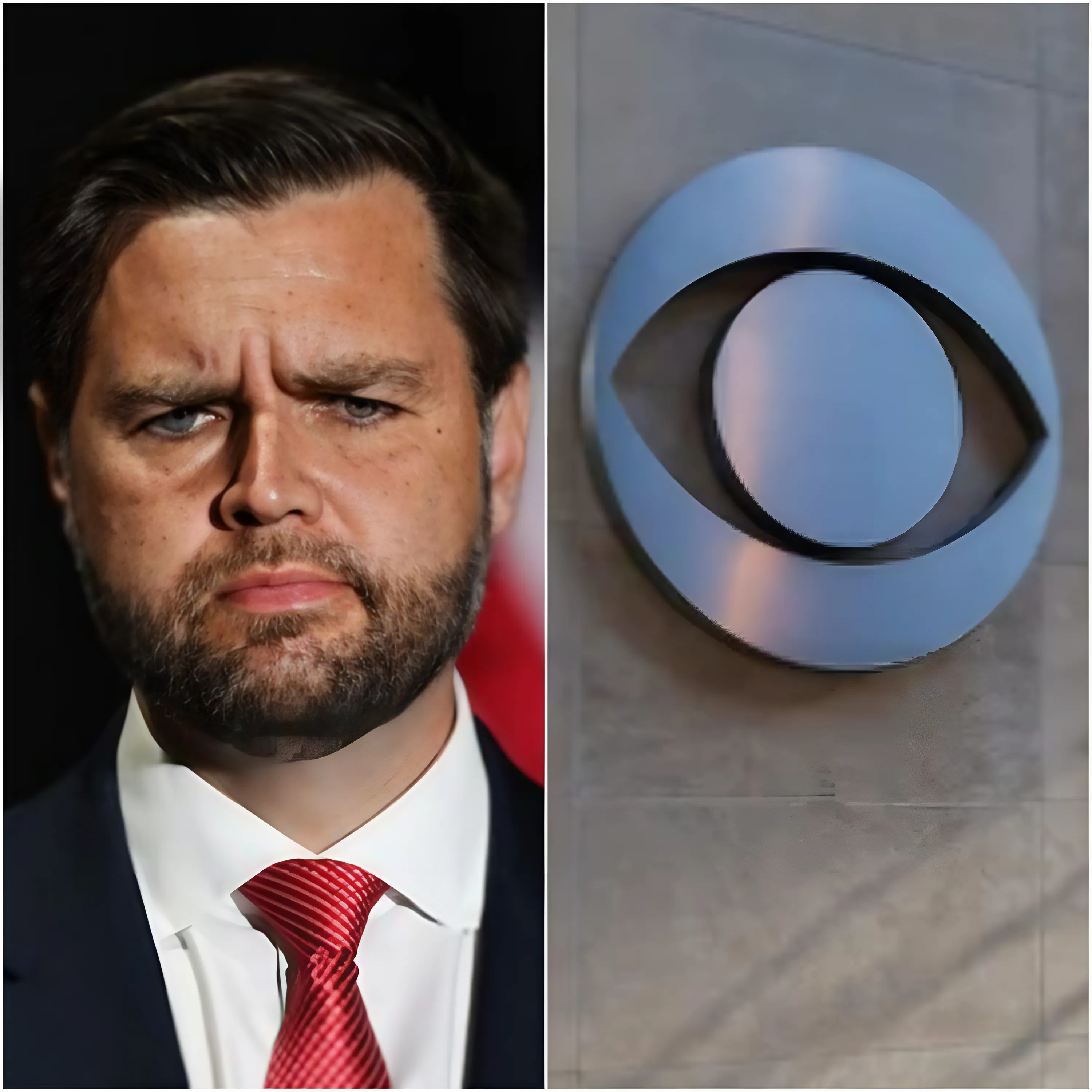
CBS, which has long been a staple of American television, now faces the challenge of rebuilding its advertising revenue base while trying to navigate the growing political polarization of its audience. The network has yet to comment publicly on the situation, though insiders have hinted that management is under intense pressure to address the fallout and appease both advertisers and viewers.
This incident highlights the increasing power of political figures and their ability to influence corporate decision-making. It also underscores the growing trend of consumers using their purchasing power as a tool to hold media outlets accountable for content they perceive as biased or controversial.
For now, CBS’s management will need to carefully navigate these turbulent waters, balancing the interests of its viewers, advertisers, and political critics, all while trying to restore its financial stability in a highly competitive media landscape. The long-term effects of this boycott remain to be seen, but one thing is clear: the media industry’s relationship with politics is becoming increasingly complicated.
